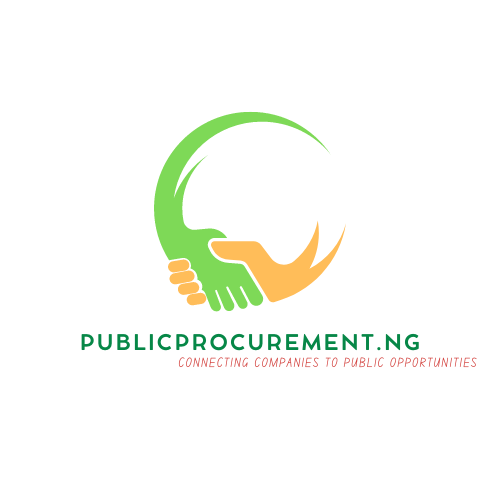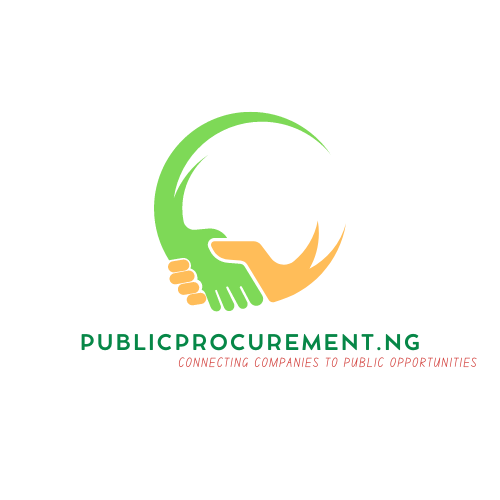CONSULTANCY FOR BASELINE SURVEY
ORGANIZATION: CBM
POSTED: 2 JUN 2021
CLOSING DATE: 13 JUN 2021
CONSULTANCY TO CONDUCT BASELINE SURVEY
CHRISTOFFEL BLINDEN MISSION(CBM)
Christoffel Blinden Mission (CBM) International is an International Christian Development Organization, committed to improving the quality of life of persons with disabilities in the poorest countries of the world. CBM provides grants sourced from private and institutional donors to local partners, who subsequently implement the grants on the basis of contracts signed with CBM detailing implementation, accounting, and reporting standards. In this set-up, CBM Country Offices (CO) perform control and monitoring procedures aimed at partner projects; control reports from implementing partners to CBM, including comparison with original source documents, project contract and cost plans; and ensure compliance with organizational and statutory requirements.
Terms of Reference for Baseline Survey
- Baseline Survey Summary
Program/Project,Project Number
Bridging the Gaps: Strengthening mental health support for children and young people (P4017-UKCR-MYP)
Partner Organisation
Mentally Aware Nigeria Initiative (MANI)
Project start and end dates,Phase of project
July 1, 2020 to June 30, 2025
Baseline Survey Purpose
Ascertain the existing situation with youth and child appropriate approaches for delivery of mental healthcare and education-based interventions, suicide prevention, and use of technology for therapeutic purposes before the project intervention starts, and to utilise the information to confirm the pre-determined set of project indicators and benchmarks by which the intended change can be measured.
Commissioning organisation/contact person
CBM Nigeria Country Office / Bright Ekweremadu, Country Director
Baseline Survey Team members (if known)
To be determined
Primary Methodology
Mixed Method (Quantitative and qualitative)
Proposed Start and End Dates
June 25, 2021 – August 12, 2021
Anticipated Baseline Survey Report Release Date
16 August 2021
- Background of Project
CBM is working with Mentally Aware Nigeria (MANI) to deliver a Comic Relief funded Bridging the Gaps project which seeks to improve mental well-being for young people with mental and psychosocial challenges in Nigeria by building the capacity of MANI, a user-led organisation, as well as working directly with young people (face-to-face in Lagos and Imo States and the Federal Capital Territory, and online nationwide). Through the implementation of the project, CBM and MANI hope to see remarkable improvement in the mental well-being of young people in Nigeria by reducing stigma, improving mental health literacy at all levels and improving access to mental health services.
Impact:
Improved mental well-being for young people with mental and psychosocial disabilities in Lagos and Imo States, and the Federal Capital Territory (FCT).
Outcomes:
- MANI’s organizational capacity to implement mental health projects throughout Nigeria is strengthened.
- Student Advocacy Networks (STANS) for mental health are established in 4 Universities.
- Reduced stigma and improved attitudes and help-seeking and help-giving behaviors surrounding mental health amongst students and their support networks in the states.
- Children and young people with mental and psychosocial disabilities in 3 states of Nigeria experience reduced stigma and discrimination, increased understanding and support, and improved access to mental health services.
Context
Young people face new pressures based on rapid changes in society, including social media, cyberbullying, body image issues and rising unemployment. The education system over-emphasises exams and under-prioritises student wellbeing. Many university students also face the culture shock of rural-urban relocation, being far from home. Students from low-income homes worry about how to feed and clothe themselves whilst bearing immense pressure to graduate and get a good job to ease the family’s financial burdens. In Nigeria, most universities lack mental health support programmes and promotion activities. Statistics show a growing number of mental health challenges amongst young people, and suicide has been identified as one of the most common causes of death in this age group.
Culturally, young people do not have a voice in Nigeria and are often dependent on their parents into their late 20s. Due to the overwhelming prevalence of mental health stigma and poor mental health literacy, many young people feel unable to share their struggles with their parents (or other adults) for fear of either having their concerns dismissed as nothing (not real health issues), or suffering the consequences of stigma and misunderstanding (e.g. sent to prayer houses).
Existing mental health services are not accessible to young people because they are limited (Nigeria has around one psychiatrist per million people), require money, transport and/or approval from parents, and due to stigma from themselves, family, peers, schools and communities. Without a reliable community to turn to, or access to crisis support and other mental health services, young people often resort to substance abuse (a rising epidemic in Nigeria), and other unhealthy behaviours. Also, there has been a recent spike in reported suicides among students and Nigeria has the 7th highest suicide rate (overall) in Africa, yet attempting suicide is still a criminal offence, illustrating the prevailing and institutionalised levels of stigma and discrimination.
Despite MH challenges being most prevalent amongst adolescents and young adults, they are the least likely group to seek help or access professional care. Untreated mental disorders are associated with functional impairments, poorer education and employment opportunities, unhealthy behaviours and complications (including drug and alcohol dependence), and a greater risk for antisocial behaviour. This creates a significant burden for the young person, their family and friends, and society as a whole.
78% of people screened by MANI in 2018 identified as students. This project has been designed based on their experiences, and on survey feedback and interviews with students. The team of MANI volunteers who designed this project are students and recent graduates.
Young people’s mental well-being will improve in Nigeria by reducing stigma and improving access to mental health (MH) services. We’ll strengthen the capacity of MANI, a user-led MH organisation, to create Student MH Advocacy Networks to improve MH literacy in universities, schools & communities & develop a digital crisis intervention platform.
Young people (aged 6-25) experiencing mental health (MH) challenges across Nigeria, and particularly in the catchment areas of 4 universities in 3 states, will benefit from this project. The core group will be university students, who will conduct outreach activities in primary and secondary schools and communities.
The target states will be determined during the first year, after further research and stakeholder meetings. We aim to include one university in each of the South East, North, and South West regions to facilitate learning about what works in each context. In addition to strong links in other states, our partner, Mentally Aware Nigeria Initiative (MANI) is well-established in Lagos State, and so, the first two universities are likely to be there.
You need to be logged in to view the rest of the content. Please
Log In. Not a Member?
Join Us






